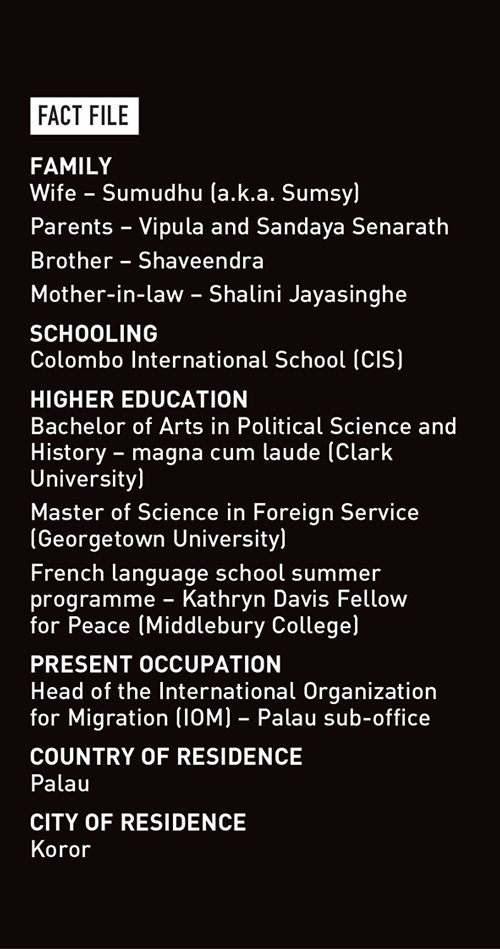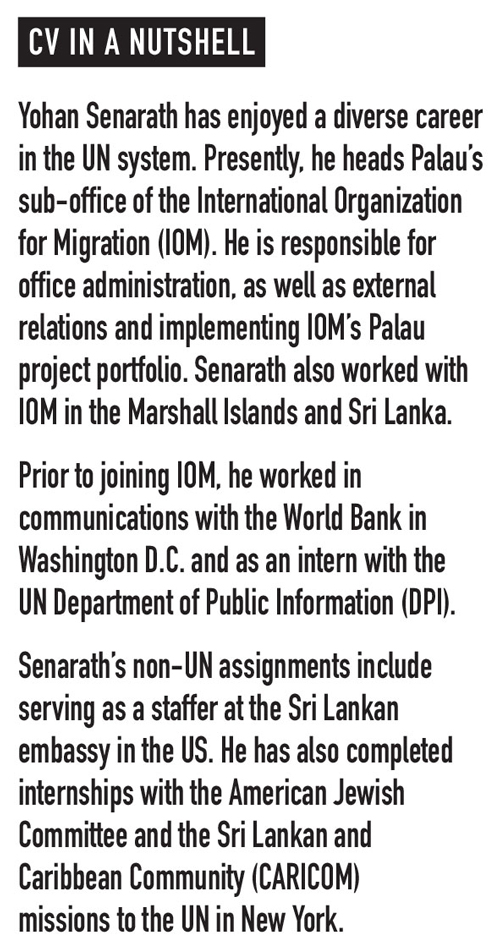Yohan Senarath
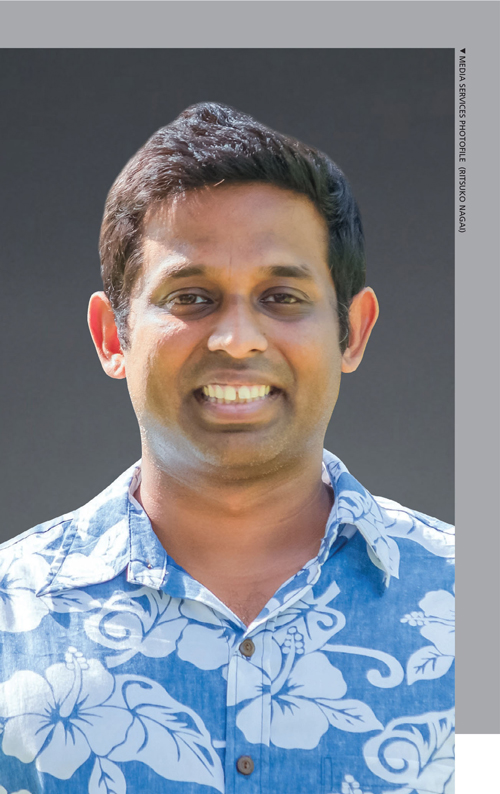
Diplomacy is a powerful tool
Q: What inspired you to pursue a career with a UN organisation such as the International Organization for Migration (IOM)?
A: The United Nations is one of the few international organisations working to deliver an inclusive vision – one that seeks to promote the wellbeing and welfare of all persons in the world.
Informed by an understanding of our shared humanity, the UN works to achieve sustainable development for all, uphold and protect the fundamental human rights and freedoms of all people, and provide humanitarian assistance to those in need.
This inclusive vision is aligned with my deeply held belief that all humans are created equal and deserving of a life of dignity.
Q: Based on your experience, what do you think is the most significant challenge in addressing global migration issues today?
A: Unfortunately, there are many who seek to ‘politicise’ migration issues. They push disinformation tailored to inflame emotions and fuel discriminatory attitudes towards migrants with the aim of fulfilling their political aims.
These often end up drowning those narratives that are founded on robust data and evidence.
It is important that we engage with media institutions to ensure that reporting on migration is fair, balanced and informed, and in a manner that acknowledges both the opportunities and challenges that can be leveraged when migration is properly managed.
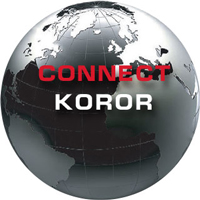
Q: And what strategies do you believe are important in addressing climate induced migration challenges?
A: When faced with the impacts of climate change, some people will seek to migrate while others want help to stay where they are for as long as possible.
We should help those who seek to stay where they are by investing in climate resilient infrastructure, developing sustainable climate livelihoods, and integrating climate action and human mobility elements into national development plans.
For those who have no choice but to move, it’s important that states facilitate the safe, regular and orderly migration of those impacted. This can be achieved by developing appropriate policies and laws, to facilitate mobility and protection of migrants moving in the context of climate change.
Q: As for the growing debate about border control and security, what’s your take on striking a balance between national interests and the humanitarian aspects of migration?
A: The legitimate interests of states in relation to border control should be carefully considered vis-à-vis upholding the dignity, wellbeing and rights of migrants.
States should consider mitigating the risks involved with migration by investing in modern immigration and border management systems that help detect illegal activities while facilitating the travel of genuine passengers.
Q: How do you perceive the evolving role of small states like Sri Lanka in shaping the contemporary international order – especially in areas such as diplomacy, economic cooperation and addressing global challenges?
A: Diplomacy is a powerful tool that small states like Sri Lanka can leverage to shape the international order to advance their interests.
Small nations often create or join coalitions with their peers or other like-minded states to amplify their diplomatic power, and punch above their weight in diplomatic negotiations and engagement.
During the Cold War, Sri Lanka was particularly successful in using its participation and eventual chairmanship of the Non-Aligned Movement (NAM) to mobilise international support for Colombo’s policy of choosing not to align with either of the two major political blocs at the time.
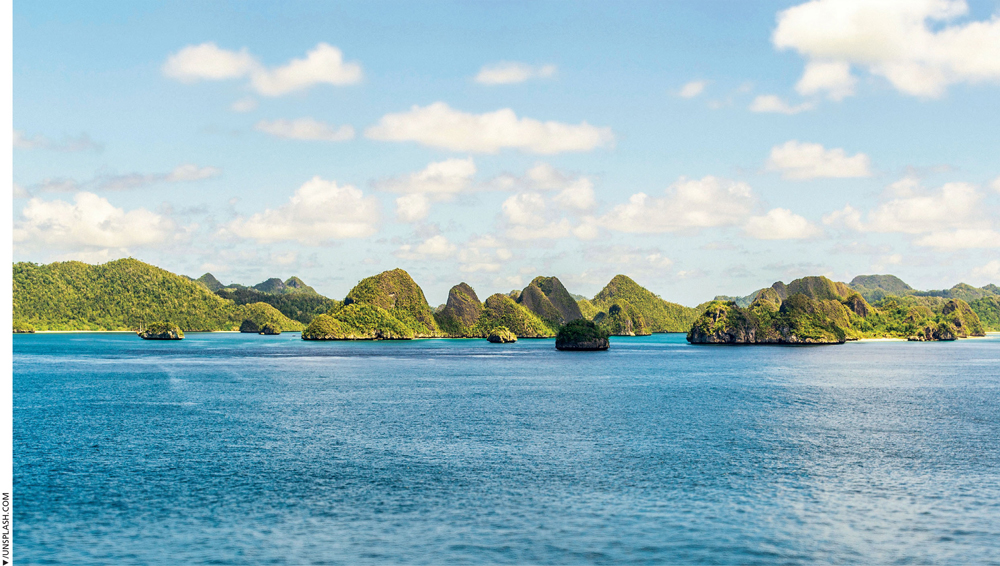
Q: As a Sri Lankan national working abroad, what unique perspectives or insights do you bring to your role?
A: Growing up in Sri Lanka imbued me with an appreciation for the unique challenges and opportunities facing developing countries, which helps me with my approach to working in the development sector.
I understand that the best solutions to development challenges are informed by the local knowledge and context rather than those conceived elsewhere. Such solutions should seek to build the capacity of states and communities to independently address their own development challenges in the future as opposed to fostering a culture of dependence.
Q: As a Sri Lankan based in Palau, how would you describe your connection with your land of birth?
A: Very strong – it’s my wife, family, friends, teachers and former colleagues in Sri Lanka who gave me the inspiration, motivation and means to pursue a career with the United Nations.
I feel very fortunate to have the opportunities that I’ve had and be able to dedicate my life to a career in public service.

